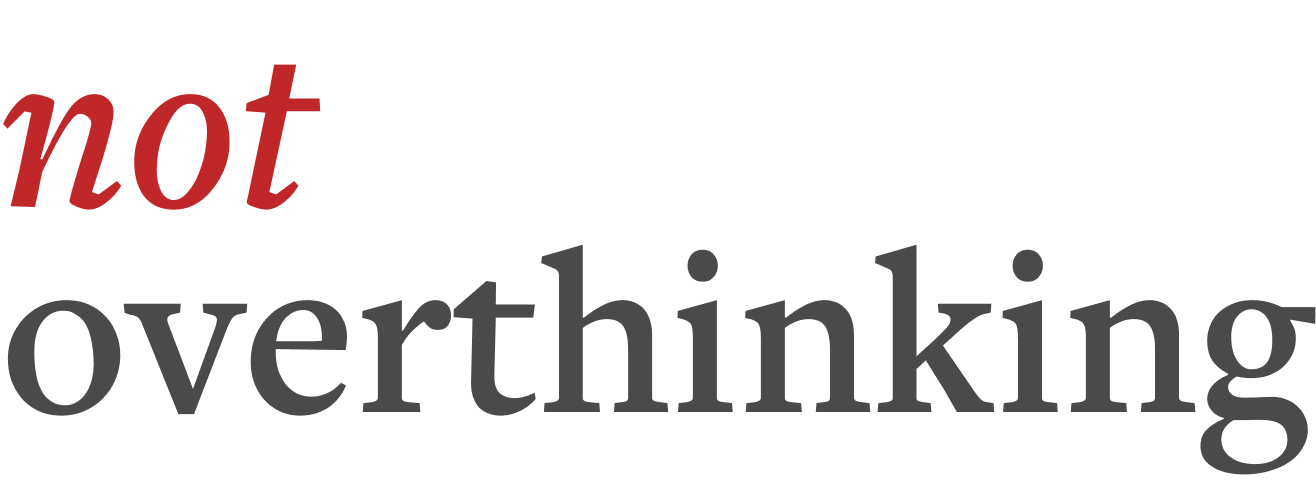How would you spend your time if you knew you'd die in 2 years?
Some of the highlights from our discussion:
The question about how we’d spend our time if we’d knew we were going to die is sensitive to the time frame of the question. A time frame of 1 month is very different from 6 months, 1 year, 5 years.
The classic question of what you would regret doing/not doing at the end of your life is another crucial point to consider. More often than not, people would regret the things that you didn’t do more than what you did do. We should think about what we don’t want to have on that regret list – in other words, we shouldn’t put off anything that we want to do and/or try.
Having one thing that you do for your whole life is no longer as pre-determined as it once was. You could have five or six productive periods of your 'career', doing completely different things, which would be very fulfilling and interesting. The key is in finding a balance between doing work to secure an economic future versus living in the moment and engaging in activities that you enjoy.
Time slows down when you do novel things. When we are at work, the weeks pass us by without noticing whereas if we are engaging in novel activities – such as a ski trip that Ali talks about – the weeks feel slower and more engaging, we become more mindful about our time and how we use it.
Journaling and writing our experiences down, lets us live two lifetimes in one.
Whenever we are deciding what to do with our lives, we do need to have a sustainable economic engine. This metaphor can be extended in different ways – for instance the idea of passive of income can be seen as a renewable, sustainable source of energy fuelling the economic engine.
Become a Not Overthinker
We've got a fun little members-only community where we have a private Slack channel, and host weekly (ish) Zoom hangouts. Click here if you fancy joining.
Leave us a Review
If you enjoy listening to the podcast, we'd love for you to leave us a review on iTunes / Apple Podcasts. Here's a link that works even if you're not on an iPhone :)
Send us an Audio Message
We really want to include more listener comments and questions in our episodes. If you've got any thoughts on this episode, or if you've got a conundrum or question you'd like us to discuss, send an audio file / voice note to [email protected].
- For any non-audio comments, please comment on our YouTube channel.
- Alternatively, feel free to drop us a tweet or DM on Twitter - https://twitter.com/noverthinking.



